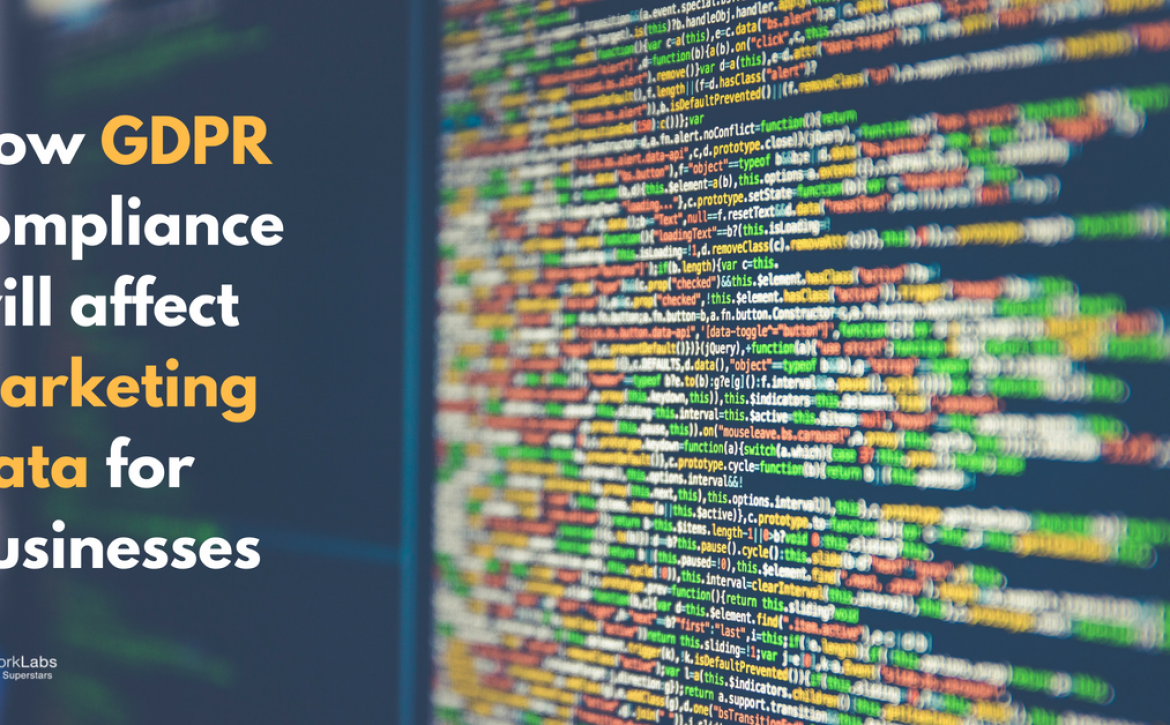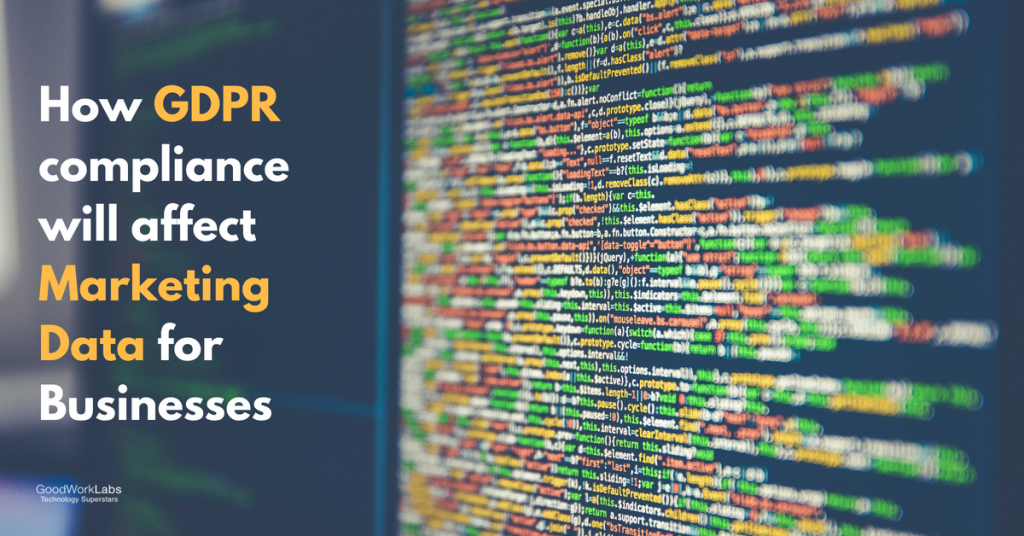The Effect Of GDPR On Marketing Data – What Businesses Need To Know
Effects of GDPR on Marketing Data
For every business, data is the center of marketing nowadays. The scope of sales and conversions depend on the incorporation of data in marketing activities. That is why every business needs to understand the implications of GDPR on their marketing practices.
GDPR or General Data Protection Regulation is a collection of privacy and data laws for the activities conducted in the digital world. The idea behind GDPR is to bring better governance and transparency in the online world. Companies are required to become responsible in terms of data collection and its use.
Core laws of GDPR
There are 8 major rules that GDPR highlights regarding the use of data and privacy in the digital world:
- Informing transparently about the use of collected personal data.
- Allowing individuals to access their own personal data.
- Allowing the ability to rectify incomplete or inaccurate data.
- Allowing individuals to remove their data whenever seem right.
- Providing the right to restrict the use of collected personal data.
- Allowing individuals to use their own data for personal purposes.
- Providing an option to say “no” to the use of data for marketing purposes.
- Giving individuals a chance to separate themselves from data-based automated processing.
Impact of GDPR on marketing
From B2B to B2C marketing, businesses are required to comply with the regulations of GDPR. No matter if you are based in or out of the EU, it would be wise to comply with these conditions.
Here are all the major marketing elements that will get affected by the laws of data collection, data processing, and data use.
1. Data collection has to be transparent
Using cookies on your website has been an effective marketing practice for a long time. Marketers collect cookies to find out how their consumers think. Similarly, there are many other ways such as email marketing where companies collect data from consumers.
Now, GDPR asks companies to inform and ask for permission before collecting data. In fact, you are required to tell your consumers about how you plan to use that data. You can’t use sign-ups, transactions or account creations as a permission. There has to be clear information to the users about data collection. You need to gain consent from the users in order to collect their data.
This big change is going to change how marketers approach the digital world. You need to communicate in an encouraging way to get consent from your consumers.
2. Processing data for permitted purposes only
It is a necessity that you use the collected data for the permitted purposes only. For instance, you can’t use personal data for email marketing, if the user opted for activity tracking only. There has to be another consent for email marketing.
3. Holding data for a limited period only
As you are allowed to use data for specific purposes, the collected data has to be deleted after it has fulfilled its purpose. If you want to hold on to the data, GDPR requires a legitimate reason for that.
If your business depends on brands and consumer relations, GDPR is an upgrade for your marketing activities.




